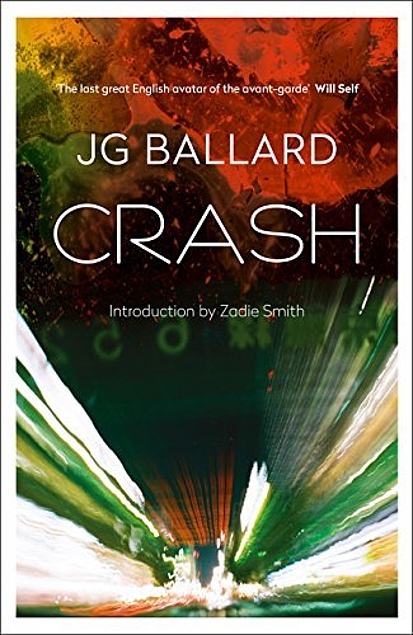Simon Winder "Germania: A Personal History of Germans Ancient and Modern" (Picador)
Writing “German” history prior to 1871 presents a daunting task because before that date there was no country known as “Germany.” The land we think of as Germany was composed of numerous principalities, dukedoms, bishoprics, and independent city-states that popped in and out of existence owing to the vagaries of hereditary suzerainty and noble marriages. Winder notes that successive historical maps of the country resemble nothing so much as "an explosion in a jigsaw factory." He does not undertake to present a chronological narrative; rather, he travels around the countryside and regales the reader with stories relevant to the place he is visiting, although the history still manages to be presented in roughly chronological order.
Winder is not one to make heroes of long-gone historical characters. Of Charlemagne he writes:
"As usual with such leaders, historians – who are generally rather introverted and mild individuals – tend to wish Charlemagne to be at heart keen on jewels, saints’ relics and spreading literacy, whereas an argument might be made for his core competence being the efficient piling-up of immense numbers of dead Saxons.”
Rather, the “heroes” of Winder’s story are the Free Imperial Cities such as Strasburg , Nuremberg, and the Hanseatic League that endured the middle ages as independent entities fostering trade and cosmopolitan values.
Winder breaks off his history in 1933 with the rise of the Nazis, avoiding not only the nastiest period in German history, but also its remarkable economic recovery after World War II. But he does manage to get in a few jabs at modern Germany, as with his exploration of what it means to “be” German, spoofing the Nazi’s efforts to create a pure Aryan race. After a short summary of the shifts of various unrelated tribes over the territory for about a thousand years, he says, “In practice Germany is a chaotic ethnic lost-property office, and the last place to be looking for ‘pure blood.’” Indeed, he sees German reverence for their deep past as having a corrosive and disastrous effect:
"There can be few stronger arguments for the damage that can be done by paying too much attention to history than how Germany has understood and taught its ancient past, however aesthetically pleasurable it can be in operas."
Winder livens up his sweep of German history with a tourist’s eye for the unique and noteworthy in his travels, describing the Christmas markets, the Ratskellers (with their massive glasses for serving beer), the ubiquitous castles, dense forests, flower-bedecked windows on half-timbered houses, marzipan in a variety of shapes (including, in one Lübeck shop, models of the Brandenburg Gate, the Eiffel Tower, and the Houses of Parliament) and “endless sausages.” He quips, “There is always a pig and a potato just around the next corner…..”
Germania is a quirky book that could hardly be classified as serious history, although it contains a lot of factual information on an important topic. ("Germany," the author writes, "is a place without which European culture makes no sense.”) Perhaps “travelogue with historical background” might be a more apt description. The writing is sprightly and entertaining, and the book presents an often delightful and decidedly unique guide to the region.




















